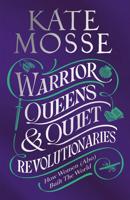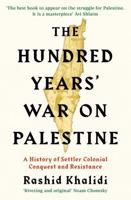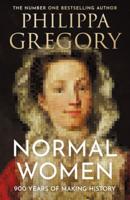Publisher's Synopsis
'The best short introduction to medieval sexuality that I have read: a remarkable book.' -Vern Bullough, Reviews in History
'Undergraduate and graduate students will find in Karras' book an extremely helpful guide to what can be a confusing and perplexing body of scholarship. Even established scholars are likely to find it enlightening as well as enjoyable.' - James Brundage, Journal of Ecclesiastical History
'An impressively synthetic and highly readable survey of current scholarship on medieval sexuality that will be of considerable use in undergraduate and postgraduate teaching.' - Emma Campbell, Signs
Sexuality in medieval Europe has become a vital scholarly field that is now recognized as central to the study of the Middle Ages. Using a wide collection of evidence from the late Antique period up until the fifteenth century, this new edition of the standard overview on the topic demonstrates that medieval culture developed sexual identities that were quite different from the identities we think of today, yet that were still in some ways ancestral to our own.
Challenging the way the Middle Ages have been treated in general histories of sexuality, Ruth Mazo Karras shows how views at the time were conflicted and complicated; there was no single medieval attitude towards sexuality any more than there is one modern attitude. The well-known lusty priest and the 'repressed' penitent have their roles to play, but set here in a wider context these figures take on fascinating new dimensions. Focusing on acceptable marital sexual activity as well as what was seen as transgressive, the chapters cover such topics as chastity, the role of the church, and non-reproductive activity.
Combining an overview of research on the topic with original interpretations, now updated with the latest scholarship and additional material from medieval Christian Europe, Jewish medieval culture and the Islamic world, Sexuality in Medieval Europe is essential reading for all those who study medieval history and culture, or who have an interest in the way sexuality and sexual identity have been viewed in the past.







